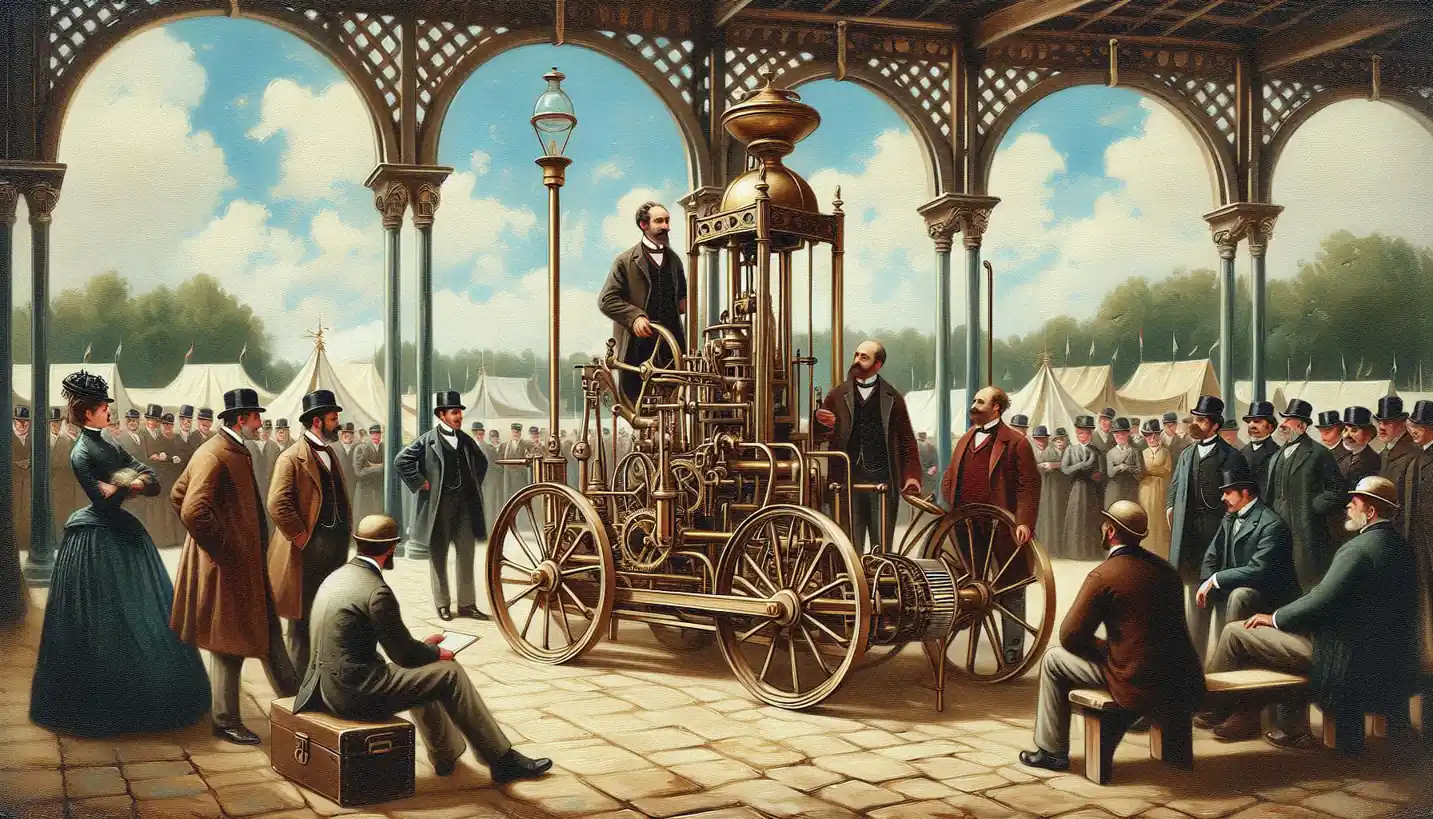· History · 5 min read
Zollverein: The Economic Engine Behind German Unification
See how the Zollverein was a crucial force in German unification. Understand its role as an economic driver connecting diverse German territories.

When thinking about what brought Germany together as a nation in the 19th century, the Zollverein often pops up. It was more than just a bunch of trade rules; it was a powerful tool that reshaped the way German states interacted economically. Let’s dive into how this clever economic agreement laid the groundwork for a unified Germany.
What Was the Zollverein?
The Zollverein, or “Customs Union,” was a coalition of German states formed in the 19th century. This wasn’t just any old club; it was all about free trade and economic cooperation. Before the Zollverein, the German states were like little islands, each with its own taxes and tolls. Traveling from one state to another meant dealing with border checks and fees, which slowed down trade.
By creating a common external tariff and removing internal barriers, the Zollverein aimed to make economic life easier. It was a revolutionary idea at the time. Imagine trying to sell goods in Europe today, but each country had its own currency and tax—you’d spend more time doing paperwork than selling!
Why It Started
Back in the early 1800s, German states were struggling economically. They needed a way to boost trade without the hassle of navigating through countless local laws and taxes. Prussia, the largest and most influential German state, spearheaded this initiative. By pulling together these states under a single economic agreement, they paved the way for more cohesive economic policies.
Prussia had a vision—one that extended beyond just a prosperous economy. They saw the Zollverein as a stepping stone to greater political unity. While it began as an economic alliance, the political implications were never far behind. It’s like starting a band with friends to make music but secretly hoping it leads to world tours.
The Impact on German States
The Zollverein significantly changed how German states did business. Suddenly, they could exchange goods more freely and efficiently, giving rise to a stronger economy. States with different strengths—say, one was good at producing coal and another at making textiles—could finally trade without extra costs. This enhanced cooperation, benefiting everyone involved.
Moreover, the Zollverein standardized weights, measures, and currencies among the member states. This standardization was a game-changer, simplifying trade and communication. Imagine trying to bake a cake, but everyone uses a different size cup for measuring flour—it would be chaos! The Zollverein resolved these issues by creating a common system.
Planting Seeds for Unity
As the Zollverein gained momentum, so did the idea of a unified Germany. Economic cooperation made the idea of political unity seem not just possible, but practical. People began to see themselves not just as Prussians or Bavarians, but as Germans. It was a subtle shift but profound in its implications.
People often say that money talks, and in this instance, it was speaking the language of unity. The economic ties forged through the Zollverein slowly but surely stirred feelings of nationalism. The concept of a unified Germany wasn’t just a dream anymore; it was becoming a feasible reality backed by tangible benefits.
Challenges Along the Way
Of course, not everyone was thrilled about the Zollverein. Some states were hesitant to join, wary of losing their autonomy and control over local economies. Austria, another significant player in the region, felt sidelined by the Prussian-led Zollverein. They saw it as a challenge to their influence.
These tensions added a political layer to the Zollverein’s development. It wasn’t just about trade—it was about power and influence in the broader European landscape. The success of the Zollverein was a testament to the power of economic collaboration, but it came with its fair share of diplomatic juggling.
The Road to German Unification
Fast forward a few decades, and the seeds planted by the Zollverein were bearing fruit. The economic ties laid the foundation for political action. In 1871, Germany was officially unified under Prussian leadership, with the Zollverein seen as a critical factor in this monumental achievement.
The economic unity fostered by the Zollverein made political discussions easier. It paved the way for leaders to envision and then achieve a unified nation. In the end, the boundaries of trade helped dissolve political boundaries.
The Legacy of the Zollverein
Looking back, the Zollverein was more than just an economic agreement—it was a visionary approach to unity. It demonstrated how economic collaboration can lead to broader social and political changes. The Zollverein is a prime example of how the practical world of trade and tariffs can have lasting impacts on national identity and unity.
Today, its influence is still acknowledged in discussions about economic unions, such as the European Union. The Zollverein paved the way, showing how countries can work together for mutual prosperity while maintaining individual identities.
In the grand tapestry of history, the Zollverein was a thread that not only connected states economically but wove them together into the cohesive fabric of a nation. It stands as a reminder of the power of economic foresight and cooperation in forging paths toward unity.


